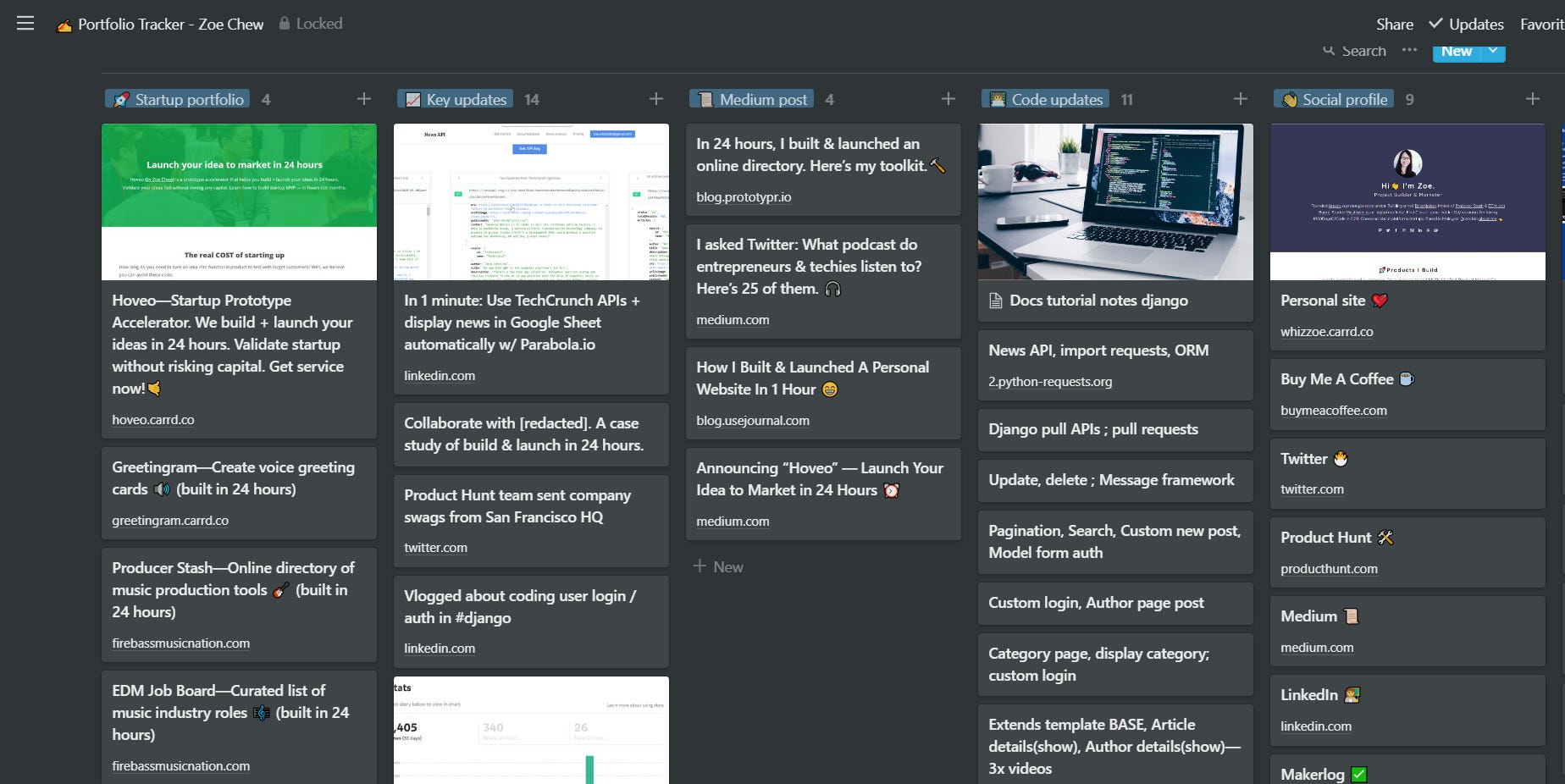There's a lot of noise around what productivity program is the best choice between Notion, Evernote, Roam, Obsidian, RemNote, etc. This debate is a bit misguided in my opinion because the features in each program can cater to certain users over others. For example, Notion's native web clipper is a weakness for the note-taker, but its database structure is extremely useful for the team manager or wiki builder.
I want to break down every pro and con from Notion and Evernote with the note-taker in mind and get right into what both programs have to offer. With that being said, it is obvious that I'm a Notion-lover, but I will approach this comparison justly.
Better Offline Notes
The ability to work offline is more reliable in Evernote. Notion is yet to roll out a legitimate offline experience. This can be frustrating for those who want to quickly sync between devices regardless of wifi connection.
However, one must purchase the premium version for this offline access ($7.99)
Trying to decide between Evernote or Notion? I have used Evernote for over a decade and currently use Notion for just about everything. In this episode, I di. The differences between Evernote and Notion. Evernote was launched in 2008 and its feature set is in proportion to its 11 years in existence. Native versions of the app across devices, operating systems and the web; A powerful web clipper.
Better Web Clipper ⭐
Ability to clip full webpages, simplified web pages, bookmarks, and screenshots. This is an extremely useful clipper that makes any productivity program pale in comparison.
There's also settings for web clipper shortcuts.
Also a really cool feature with Evernote's web clipper is the ability to see 'related notes' after saving a clip.
More Text Formatting
Notion's text customization is more minimal than Evernote. Change color of text, ability to align text, and most importantly, remove formatting.
Better Advanced Search
Inside the search field a user can narrow documents more precisely. The following are some handy search features:
todo:true → to find all documents with checked boxes
source:mail.smtp → to find all documents added through email
There is also a save search feature that allows to user to save frequent searches.
Universal tagging located on the sidebar

Better Free Version And Bulk Export
There is no block limitation and most features are available. 5 guests allowed and bulk export are also two free features that are very generous (not including PDFs).
I particularly like the idea of bulk exporting markdown files from a database.
I can recall trying to download .txt files from each row in my spreadsheet and jumping over backwards to make it happen via VBA scripting. This is a bit odd, but I use Notion to export excel files in this manner now. (excel > notion > .md files)
Better Tables ⭐️
Notion provides filters, sorting, automation and different ways to visualize tables. These databases can connect, sync and read each other.
For those looking to create productivity systems that involve a lot of dates and automation, Notion's database structure is great for project ideation and task management in addition to note-taking.
Far easier to share documents with non-Notion users. Every user plan is able to share documents to the web as a direct link, or a template for others to use. There is also the ability to control comments.
As well, you can control the 'type' of access permissions members in your workspace and guests have in a particular page.
Better Customization Features
The sandbox nature of Notion opens up a wide range of operations that can reside in one Notion workspace. For example, all task management, notes, project ideation, brainstorming, habits, appointments, etc. can be connected.
The ability to create unique systems that cater to my specific projects is really important to me. For research, working inside searchable tables with multiple quick-to-access views is preferable to a loose note-taking structure like Roam.
Evernote has a classic 'notebook' structure that can get a bit overwhelming after some time.
Better Template Creation
Notion Vs Evernote 2020
Create templates inside databases to streamline tedious/repetitive tasks. You are able to create templates in Evernote, however these templates aren't nearly as robust as Notion's. For example, a Notion user can nest templates and make database connections via templates to really integrate templates into a custom workspace.
This follows the 'better customization' point.
An added tid-bit: both programs offer 50+ default templates to choose from.
Quick add inline pages to database templates.
Database formulas and calculations
Toggles and sleek UI
- Deliver and maintain services, like tracking outages and protecting against spam, fraud, and abuse
- Measure audience engagement and site statistics to understand how our services are used
- Improve the quality of our services and develop new ones
- Deliver and measure the effectiveness of ads
- Show personalized content, depending on your settings
- Show personalized or generic ads, depending on your settings, on Google and across the web
Notion Vs Onenote Vs Evernote
For non-personalized content and ads, what you see may be influenced by things like the content you’re currently viewing and your location (ad serving is based on general location). Personalized content and ads can be based on those things and your activity like Google searches and videos you watch on YouTube. Personalized content and ads include things like more relevant results and recommendations, a customized YouTube homepage, and ads that are tailored to your interests.Click “Customize” to review options, including controls to reject the use of cookies for personalization and information about browser-level controls to reject some or all cookies for other uses. You can also visit g.co/privacytools anytime.
